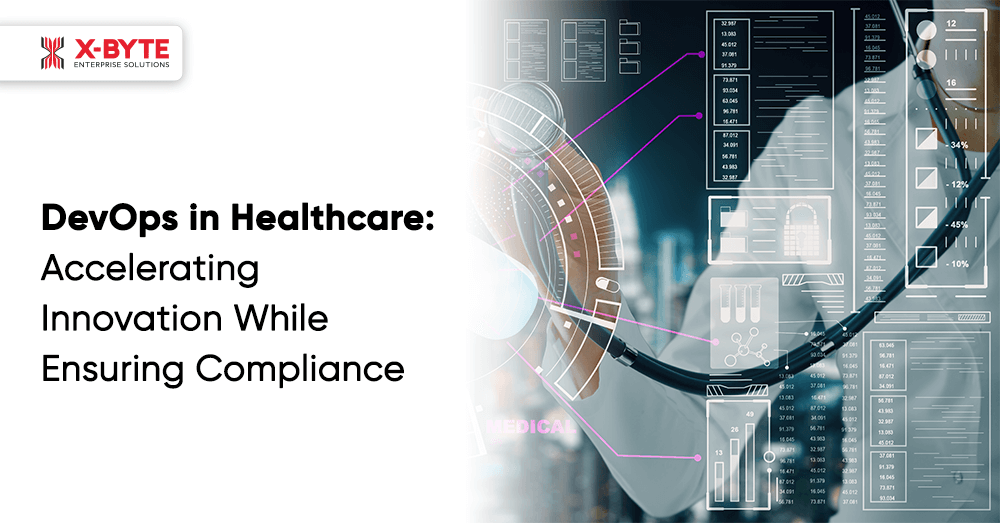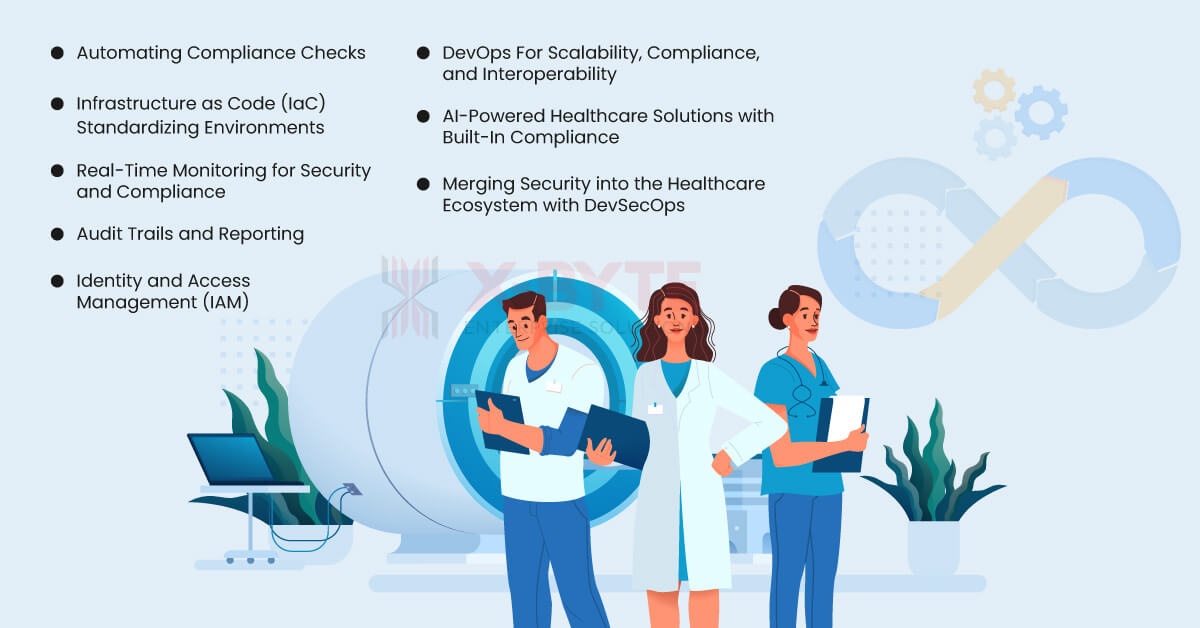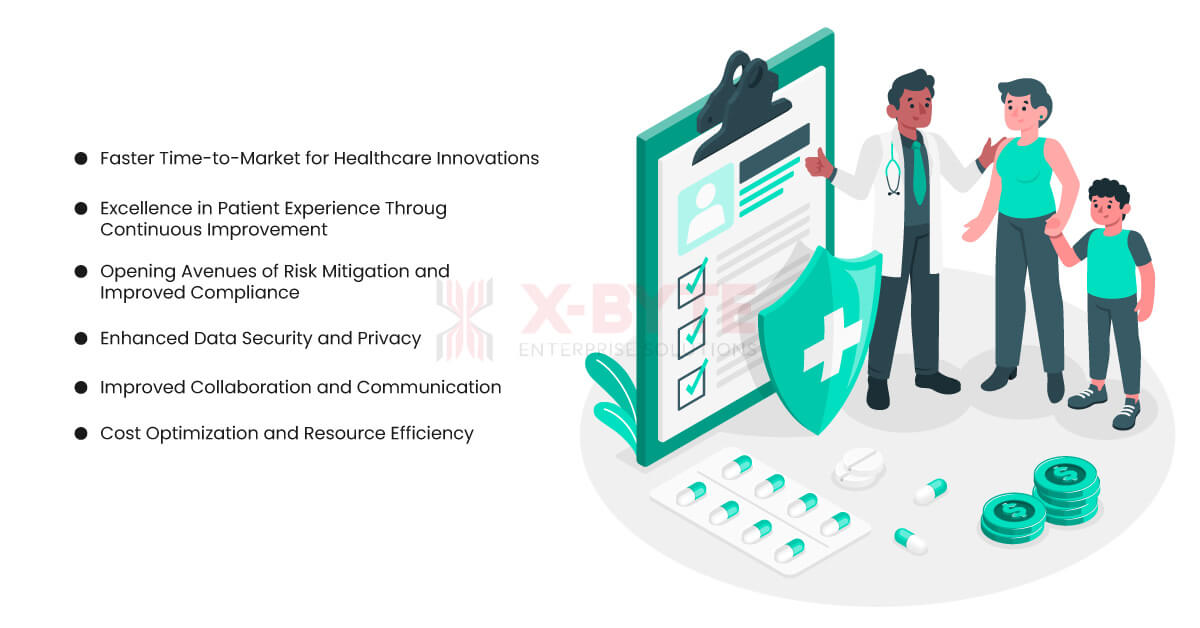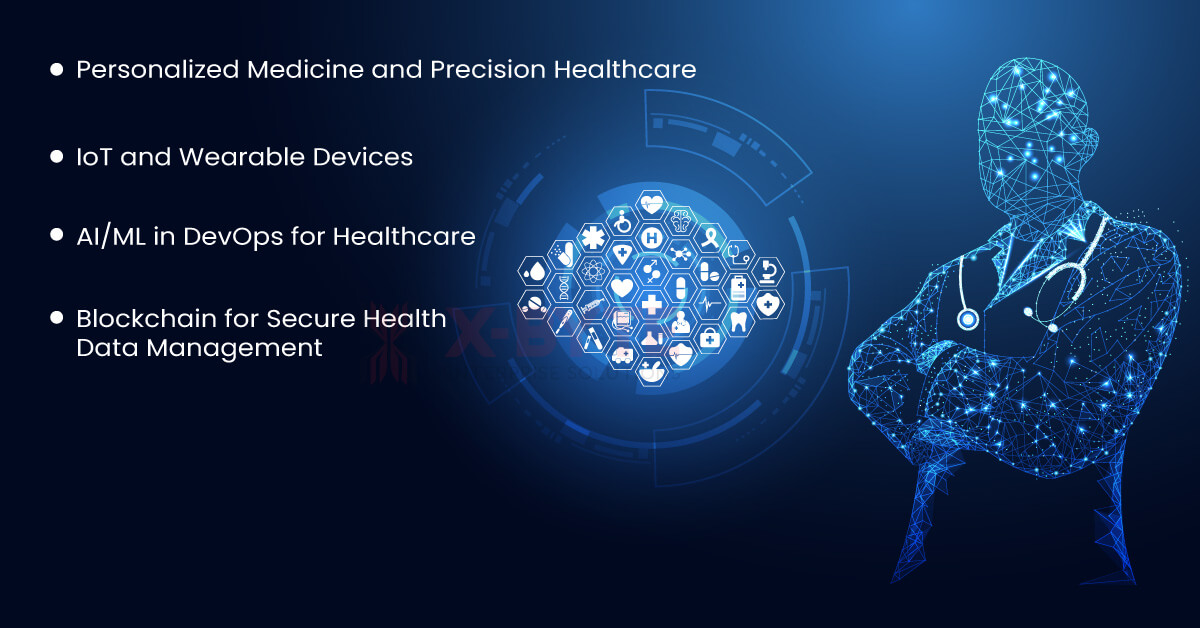-
solutinos
-
Hire
Frontend Developer
Backend Developer
-
NodeJS Developer
-
Java Developer
-
Django Developer
-
Spring Boot Developer
-
Python Developer
-
Golang Developer
-
Ruby on Rails Developer
-
Laravel Developer
-
.NET Developer
Technology
-
Flutter Developer
-
React Native Developer
-
Xamarin Developer
-
Kotlin Developer
-
Cross-Platform Developer
-
Swift Developer
-
MongoDB Developer
-
C Developer
-
Smart Contract Developers
Cloud
-
-
Services
Mobile Development
Web Development
- Work
-
Multi Services App
-
Food Delivery App
-
Grocery Delivery App
-
Taxi Cab Booking App
-
Multi Services App
-
OTT Platform APP
-
Social Media APP
-
Freelance Service App
-
Car Rental App
-
Medicine Delivery App
-
Liquor Delivery App
-
Sports Betting App
-
Online Coupon App
-
eLearning App
-
Logistics & Transportation App
-
Courier Delivery App
-
On-Demand Real Estate App
-
E-Wallet APP
-
Online Dating App
-
Handyman Services App
-
-
Process
-
Company

Quick Summary : Healthcare became open to technology and digital transformation later than most other sectors. DevOps has paved the way for better healthcare by facilitating faster software delivery and automating repetitive tasks. DevOps initiatives in healthcare ensure that compliances are met and that security remains as robust as ever, powering healthcare organizations to innovate more quickly while maintaining patient safety.
Though the healthcare sector has been slow to adopt technological advancements, it is currently experiencing an unparalleled digital transformation. With the sudden growth in telemedicine post-COVID, reliance on EHR, and AI-based diagnostics, the need for agile, scalable, and compliant software solutions has become a much-needed imperative for healthcare organizations. This is where, DevOps started becoming a part of healthcare organizations like hospitals, clinics, pharmaceutical companies, and health tech startups. It has accelerated the innovation process and brought new solutions to market more quickly.
What DevOps brought to the table for healthcare organizations was that it aligned with the growing number of regulatory regimes, maintained compliance efficiently, prepared for audits, and simplified operations.
In this blog, we at XByte as the leading DevOps consulting services, explain how having DevOps as a part of the healthcare ecosystem has resulted in healthcare innovation, improved security, and compliance postures at scale, along with patient safety.
DevOps: The Catalyst for Change in Healthcare
Healthcare organizations were late entrants to the world of digital transformation. The initial reluctance was soon transformed into a plethora of digital transformation initiatives that soon took a huge shape. Providers, Payers, and Life sciences that used technology to improve patient care, had to soon come to terms with a huge bottleneck— compliance. As healthcare data grew so did the need to tackle the complexities associated with it. Top management consulting firm McKinsey highlights this in their report where they point out that risk concerns and considerations were among healthcare leaders' top challenges when scaling up technological solutions.
This is when DevOps came up with a solution that could eliminate the complexities that disparate systems and practices brought.
Challenges Faced By Healthcare Before Incorporating DevOps
The traditional healthcare systems relied hugely on manual processes for software development, deployment, and infrastructure management, which was a recipe for delays and inefficiencies. The greatest hassle for healthcare was the miscommunication and delays that emanated as the development, operations, and quality assurance teams continued to work in silos.
Additionally, the slow pace at which bugs and system failures were identified created newer challenges besides the existing ones, often delaying healthcare product rollouts and updates. And with the manual process of managing infrastructure configuration errors were a norm.
The complex and vast expanse of healthcare made scaling applications a labor-intensive process and required meticulous levels of planning and resources.
The biggest challenge among these was the separate and time-consuming steps needed to meet healthcare regulations such as HIPAA or GDPR. But with DevOp, all this was up for a drastic change.
A report from Gartner highlights that as a way to tackle these challenges, organizations have increasingly started adopting DevOps.
Accelerate healthcare innovation with expert DevOps consulting!
Reimagining Healthcare Practices with DevOps

DevOps at its core brings with it the potential to bridge the gap between the software development and IT operations across industries, and healthcare is no different. For healthcare, DevOps brings the additional capability of adhering to non-negotiable regulatory demands.
With the onset of the DevOps framework, healthcare organizations started seeing a marked change where complex healthcare systems that grappled with silos were transformed into collaborative, agile environments. With DevOps, healthcare giants began to soon see an improvement in patient care, and quality, and enabled continuous delivery of updates and improvements, all while reducing inefficiencies and enhancing organizational agility in healthcare settings.
Automating Compliance Checks
The beauty of the DevOps framework lies in the CI/CD pipelines that automate software deployment. With the DevOps framework being a part of the core ecosystem, healthcare applications began to be rolled out faster, and the time-to-market for life-saving technologies reduced enormously.
Another stand-out capability that came with incorporating DevOps practices was the policy-as-code that allowed automated validation of security policies and regulatory requirements. The advantage? Reduced human error and audit risks.
Infrastructure as Code (IaC) Standardizing Environments
IaC is a core pillar of DevOps and enables the configuration and management of healthcare IT infrastructure using code. This stood as a failsafe way to ensure consistency across development, testing, and production environments and mitigated compliance risks by eliminating configuration drift and ensuring adherence to predefined security protocols.
The use of Infrastructure as Code (IaC) within healthcare IT is increasing due to the demand for scalable and efficient infrastructure management. Recent market analyses suggest that the global Infrastructure as Code sector will reach approximately USD 5869.3 million by 2032, with a compound annual growth rate of 3.52% from 2024 to 2032. This expansion is particularly evident in the healthcare industry, where IaC tools are essential for handling intricate and compliance-sensitive systems.
Real-Time Monitoring for Security and Compliance
When healthcare organizations started making DevOps a part of their core strategy there was one marked benefit that changed the way the whole healthcare system worked w.r.t patient care, and it was the real-time insights. The continuous monitoring tools provided real-time insights into system performance and security vulnerabilities. This proved to be especially important for healthcare, where data breaches could lead to significant legal and financial penalties. With DevOps, proactive monitoring becomes easier, and rapid detection and remediation of compliance violations becomes fast and simple.
Audit Trails and Reporting
Healthcare use cases are critical and the data generated is vast. When healthcare organizations started with DevOps, detailed logs and automated audit trails were generated, further simplifying regulatory reporting.
In 2024, the healthcare sector witnessed a 9% increase in the total number of patient records exposed, rising from 168 million to 183 million. This alarming statistic highlights the critical need for comprehensive audit trails and reporting in healthcare IT infrastructure.
DevOps For Scalability, Compliance, and Interoperability
Since healthcare generates a lot of data daily, the shift to the cloud was an organic transition and necessary for long-term scalability. With DevOps smooth cloud integration became a reality and compliance with privacy regulations through automated encryption, access control policies, and secure data storage practices, became natural and simplified. Additionally, DevOps practices brought with them the annuity to enhance data integration, enabling the safe sharing of patient information while adhering to compliance standards.
AI-Powered Healthcare Solutions with Built-In Compliance
With AI adoption becoming a key tech feature, incorporating DevOps for healthcare systems along with AI was a natural progression. It enables the rapid deployment of AI/ML in DevOps for Healthcare, where automated pipelines manage the continuous training, testing, and deployment of algorithms, ensuring compliance with ethical guidelines and privacy laws. Additionally, continuous monitoring within a DevOps framework brings transparency and allows real-time adjustments. These capabilities ensure compliance and optimal performance and ensure highly accurate bias-free results.
Merging Security into the Healthcare Ecosystem with DevSecOps
In healthcare, data breaches have far-reaching consequences. Any lag shown toward sensitive patient data could compromise patient privacy. Non-compliance with regulations could lead to heavy penalties, legal procedures, and compensation claims. Healthcare organizations with DevSecOps as their key strategy hold solid ground against these issues as it integrates security into the development lifecycle, automating vulnerability scans, penetration tests, and threat modeling. When you have DevSecOps you strengthen your organization and prevent security issues from becoming compliance violations.
Identity and Access Management (IAM)
As a measure of handling critical healthcare data, DevOps tools enforce IAM policies. These ensure that only authorized users can access sensitive healthcare data and the automated role-based access controls (RBAC) improve compliance by restricting data access based on user roles.
Cloud-based IAM offers enhanced features such as Single Sign-On (SSO), Multi-Factor Authentication (MFA), and automated provisioning, which are crucial for improving both security and operational efficiency in healthcare organizations.
At X-Byte, over the years we have helped healthcare organizations globally to achieve faster time-to-market, improved patient outcomes, and regulatory alignment through DevOps services for healthcare. We specialize in providing healthcare software development, telemedicine app development, and doctor-on-demand app development services.
Revolutionize Healthcare with X-Byte’s DevOps expertise!
Key Benefits of DevOps in Healthcare

DevOps practices have shifted the way healthcare works by improving patient care and providing better services. DevOps framework has helped healthcare organizations eliminate complexities and errors while ensuring faster and better results for patients by improving data security.
Faster Time-to-Market for Healthcare Innovations
The biggest advantage of DevOps is that helps healthcare professionals is that it reduces development cycle times. With the onset of DevOps initiatives, healthcare organizations can deploy innovations such as telehealth platforms and mobile health applications more quickly. A standout feature that has been made possible with DevOps is the continuous integration capability that enables frequent, reliable releases without compromising quality or security.
Excellence in Patient Experience Through Continuous Improvement
DevOps practices help Providers like hospitals, clinics, etc., to rapidly make updates and bug fixes, thus improving the functionality and user experience of patient-facing applications. This agility has helped numerous organizations in the healthcare domain to take patient engagement and satisfaction to new heights.
Opening Avenues of Risk Mitigation and Improved Compliance
DevOps brings with them automated compliance checks and continuous monitoring which have been instrumental in reducing the risk of regulatory breaches in healthcare. The ability to embed compliance into healthcare workflows, powered by DevOps helps healthcare organizations to minimize costly fines and reputational damage.
Enhanced Data Security and Privacy
DevOps improves healthcare data security through automated testing and monitoring, quickly identifying vulnerabilities. DevSecOps integrates security throughout development, protecting sensitive patient information from the start.
Improved Collaboration and Communication
DevOps creates better collaboration between development teams and healthcare staff. Breaking down departmental silos enables faster solutions that align with clinical needs and patient requirements.
Cost Optimization and Resource Efficiency
DevOps implementation leads to cost savings through automated workflows and reduced downtime. Faster deployments and better quality control minimize errors, allowing organizations to focus resources on patient care rather than system maintenance.
An Innovation-Centric Future of Healthcare Powered by DevOps

Healthcare organizations have been lapping up opportunities to incorporate the most advanced innovations as a way to improve patient care and provide value-based care while adhering to regulatory compliances. The below-mentioned advancements continue to push healthcare organizations to make the DevOps framework a core strategy for holistic efficiency.
Personalized Medicine and Precision Healthcare
DevOps practices customized following the core healthcare objectives will enable faster development of personalized health solutions by integrating genomic data, AI algorithms, and patient-specific insights into scalable, secure platforms.
IoT and Wearable Devices
As IoT adoption grows in healthcare, DevOps will have the tremendous potential to facilitate the secure, compliant integration of wearable devices and remote monitoring solutions.
AI/ML in DevOps for Healthcare
DevOps practices with rapid deployment of AI and machine learning models for medical diagnostics, allow healthcare organizations to further improve algorithms for analyzing medical images and predicting disease outcomes. This will ensure AI solutions stay updated and integrated with healthcare IT.
Blockchain for Secure Health Data Management
DevOps will be key in implementing blockchain solutions for secure health data management, enabling protected sharing of medical records and streamlined insurance processing while maintaining HIPAA compliance.
DevOps frameworks have the power to deliver speed without sacrificing compliance. Healthcare is under a lot of pressure to comply with strict regulations such as HIPAA, GDPR, etc., and the growing law enforcement to make healthcare data more secure is a primary concern. With DevOps, these challenges can be solved as it embeds compliance into every stage of the software development lifecycle.
Since DevOps ensures the combination of automation tools, secure coding practices, and rigorous testing, it ensures that compliance isn’t a later consideration but a foundational part of every deployment.
As per Google Clouds’ 2024 DORA Accelerate State of DevOps report–The adoption of DevOps brings a 25% increase in productivity and job satisfaction.
In traditional models where compliance is a separate phase, incorporating DevOps ensures that integrating compliance doesn’t become a separate task, but a part of every step of the development cycle.
DevOps accelerates innovation while embedding compliance into the heart of healthcare technology. If integrating automation, enabling continuous monitoring, and a collaborative culture is your aim for your healthcare organization then DevOps is the way forward.

Discover the full potential of your healthcare solutions with X-Byte’s DevOps expertise!
Talk to our Experts Talk to our ExpertsX-Byte, Driving Innovation in Healthcare with Agile DevOps Solutions
Though the initial phase of adoption eliminated a lot of challenges, the same technology that was incorporated to ease operations and improve patient care, introduced new complexities like slower deployment cycles, siloed teams, manual inefficiencies, and difficulties in maintaining compliance with strict regulations. DevOps changed this with quicker software deployment and faster completion of routine tasks through automation. In the healthcare sector, DevOps initiatives also ensure adherence to compliance standards and maintain strong security measures, allowing organizations to innovate rapidly while safeguarding.
X-Byte is one of the top emerging DevOps consulting companies that has changed the trajectory of operations for healthcare organizations by automating internal engineering processes through the combination of state-of-the-art technologies, healthcare software development, and integrated approaches for healthcare. Our DevOps consulting provides end-to-end solutions that include DevOps automation, management, assessment, strategy and consulting, and DevOps as a cloud platform for healthcare.
Connect with us today to drive efficiency and deliver secure, patient-centric solutions with our DevOps consulting services.
Frequently Asked Questions
-
What is DevOps in healthcare?
DevOps for healthcare organizations and hospitals involves the smooth integration of development and IT operations as a measure to improve the delivery, quality, and security of healthcare applications and services. DevOps empowers healthcare organizations to achieve faster software updates, improved patient data security, and efficient healthcare processes.
-
How can DevOps improve healthcare?
DevOps has the potential to change the way healthcare works by automating repetitive tasks, ensuring faster deployments, and bridging the gap between teams. Additionally, it quicker delivery of new features, bug fixes, and security updates in critical healthcare software applications, proving to be of great help for better patient care and healthcare efficiency.
-
What are the benefits of DevOps in healthcare?
The benefits of DevOps in the healthcare industry start with improved collaboration between cross-functional teams, faster time-to-market for applications, and end with smooth and better compliance with healthcare regulations. DevOps proves to be a substantial catalyst for improving security and reducing operational costs, all of which help healthcare organizations deliver better patient care.
-
How does DevOps enhance healthcare software security?
Integrating continuous testing, automated security checks, and compliance monitoring throughout the development lifecycle is a key feature of DevOps. This proactive approach identifies and mitigates security vulnerabilities while ensuring patient data protection.
-
How can healthcare organizations get started with DevOps?
The initial step starts with identifying key objectives and goals of the healthcare organizations and the challenges that need to be solved. The next step involves an extensive process that involves selecting the right tools for automation, setting up CI/CD pipelines, and training teams on DevOps best practices.
